Conference "Have We Learnt Anything from the Crisis?"
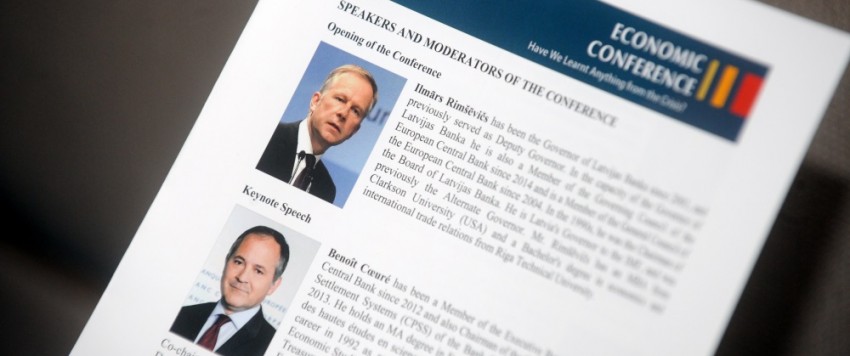
Latvijas Bankas konference 2014: "Vai esam ko mācījušies no krīzes?"
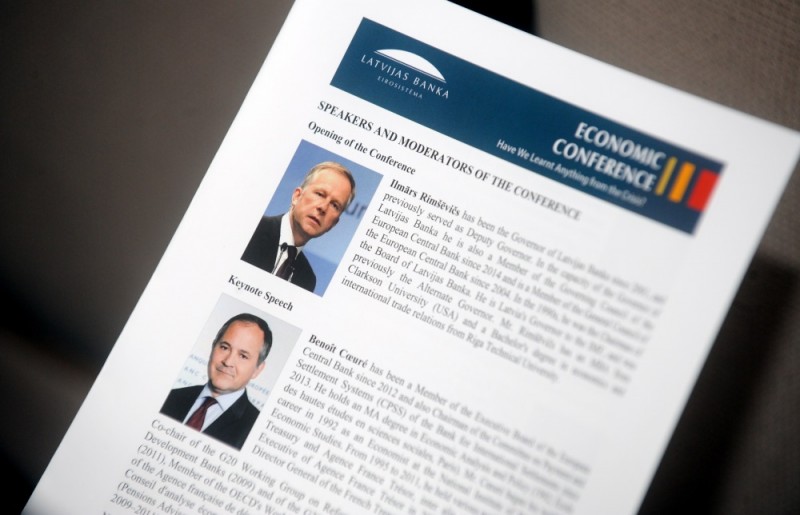
Latvijas Bankas konference 2014: "Vai esam ko mācījušies no krīzes?"
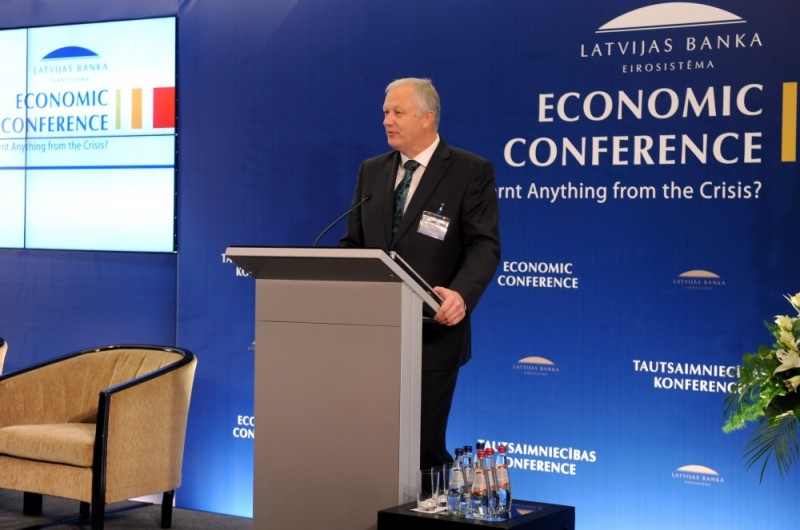
Latvijas Bankas konference 2014: "Vai esam ko mācījušies no krīzes?"
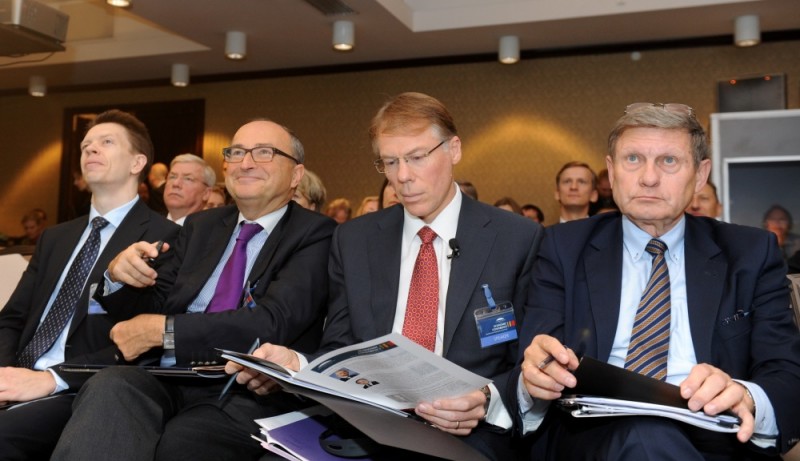
Latvijas Bankas konference 2014: "Vai esam ko mācījušies no krīzes?"
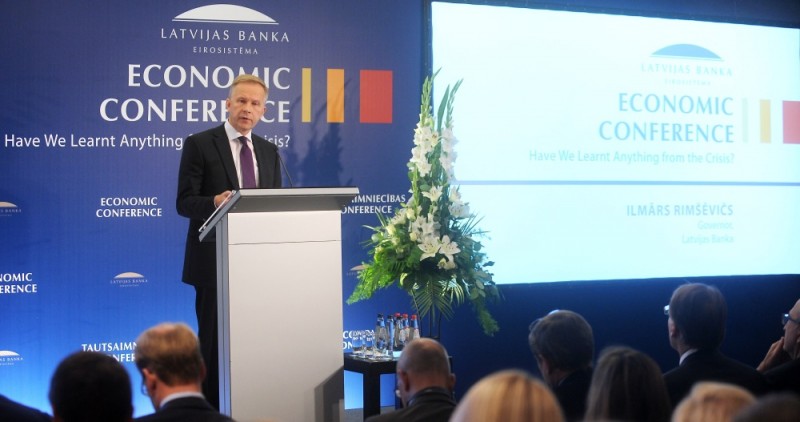
Latvijas Bankas konference 2014: "Vai esam ko mācījušies no krīzes?"
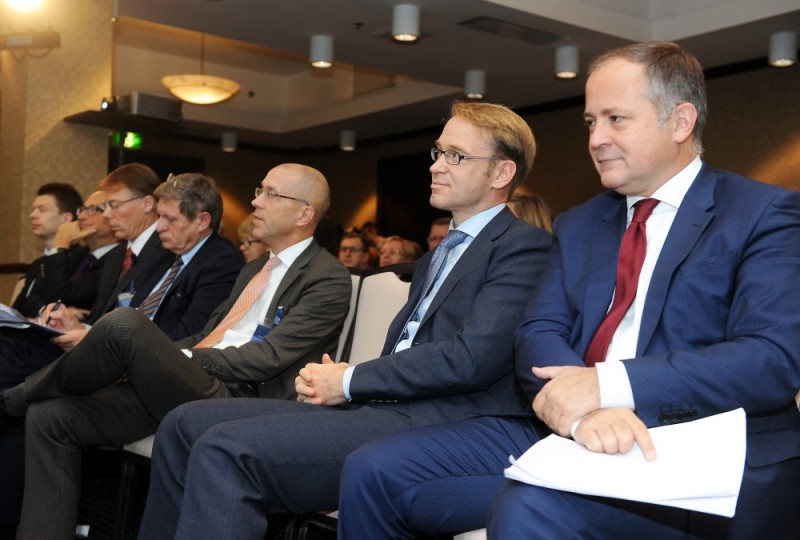
Latvijas Bankas konference 2014: "Vai esam ko mācījušies no krīzes?"
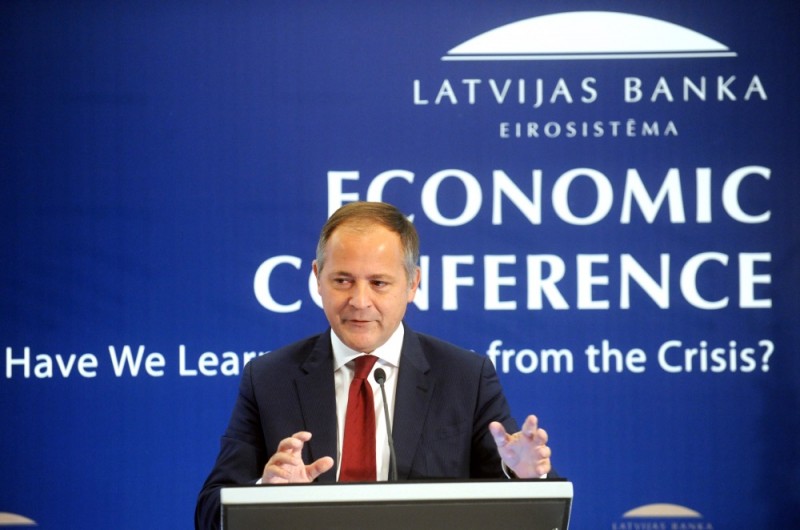
Latvijas Bankas konference 2014: "Vai esam ko mācījušies no krīzes?"
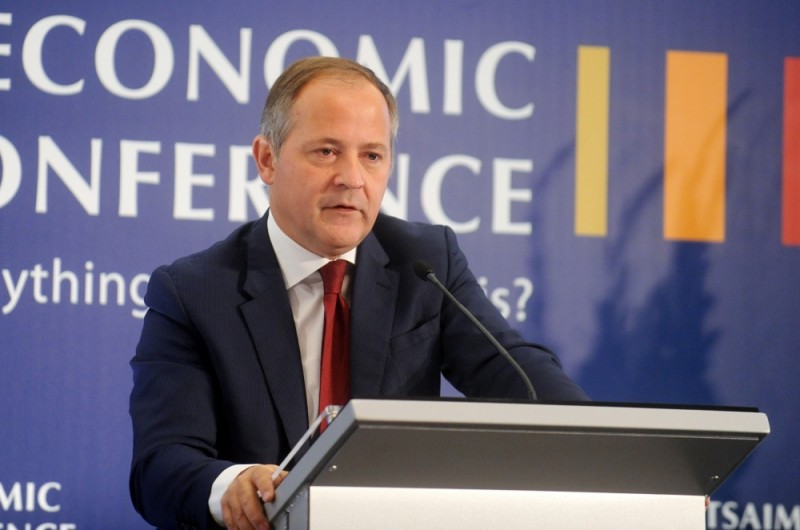
Latvijas Bankas konference 2014: "Vai esam ko mācījušies no krīzes?"
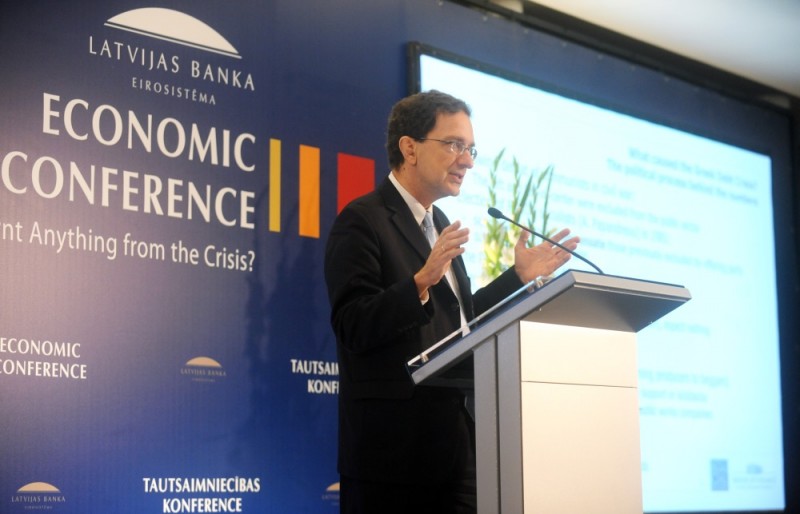
Latvijas Bankas konference 2014: "Vai esam ko mācījušies no krīzes?"
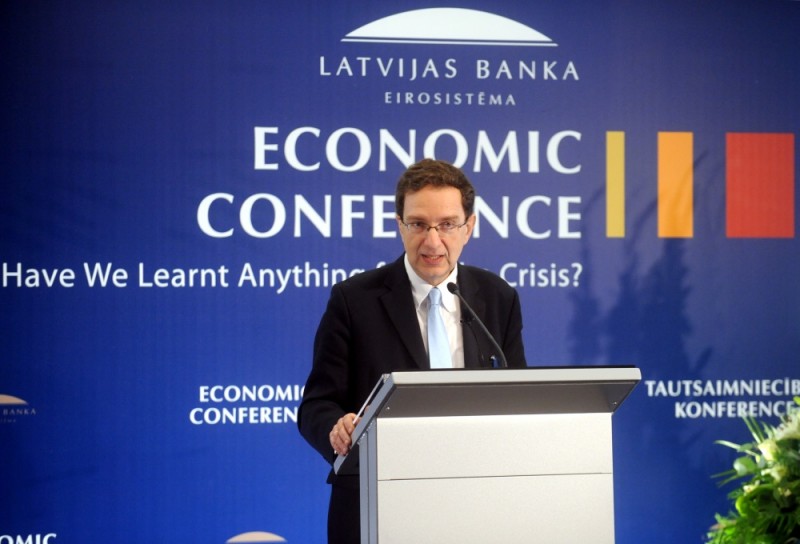
Latvijas Bankas konference 2014: "Vai esam ko mācījušies no krīzes?"
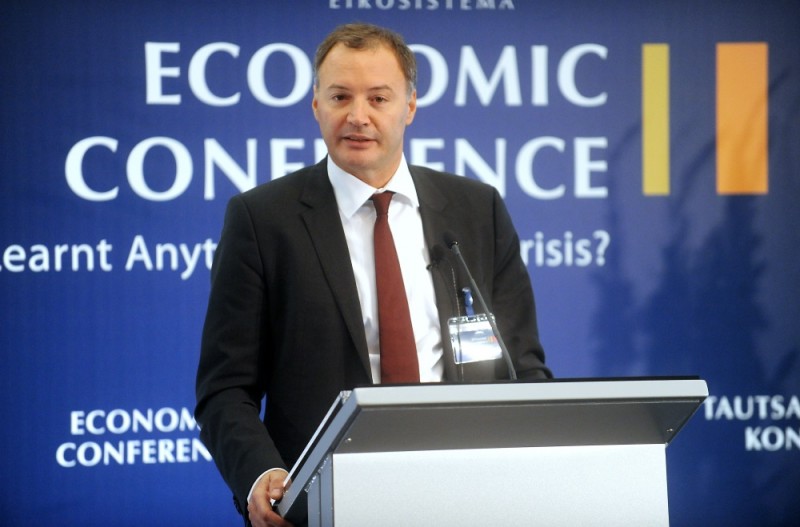
Latvijas Bankas konference 2014: "Vai esam ko mācījušies no krīzes?"
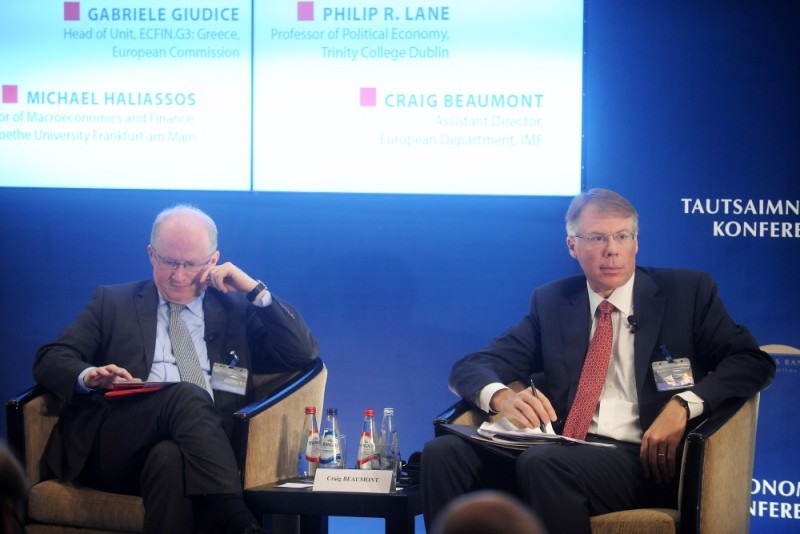
Latvijas Bankas konference 2014: "Vai esam ko mācījušies no krīzes?"
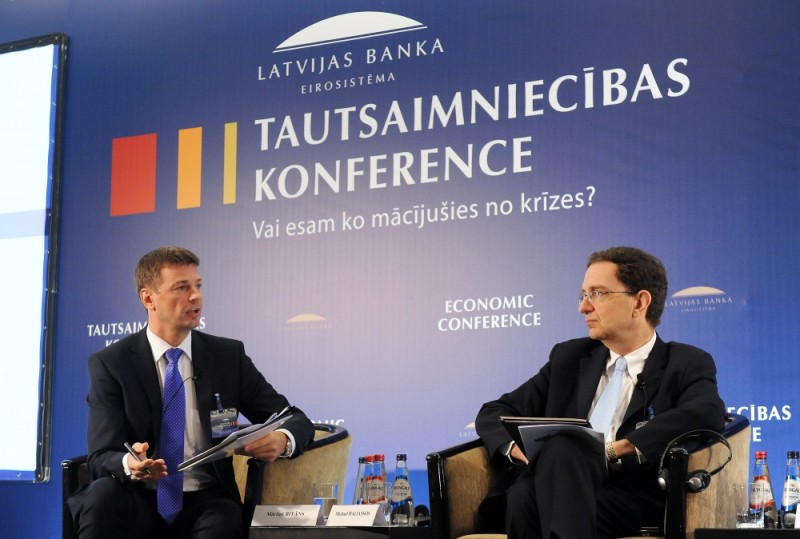
Latvijas Bankas konference 2014: "Vai esam ko mācījušies no krīzes?"
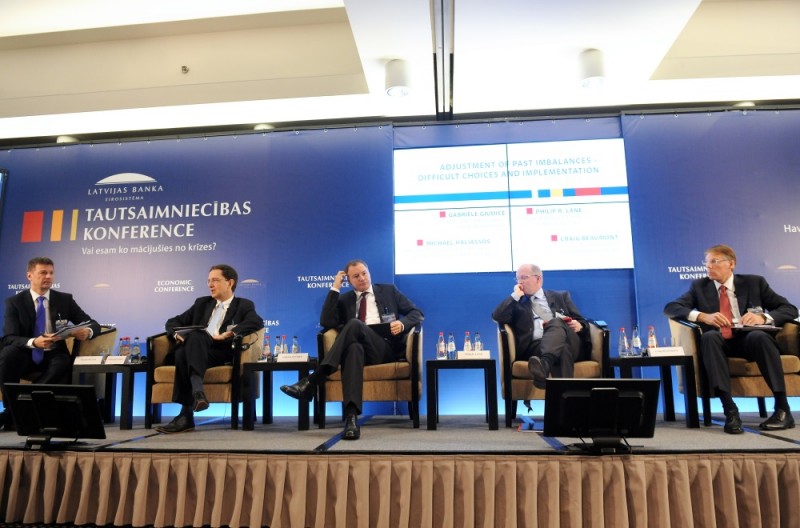
Latvijas Bankas konference 2014: "Vai esam ko mācījušies no krīzes?"
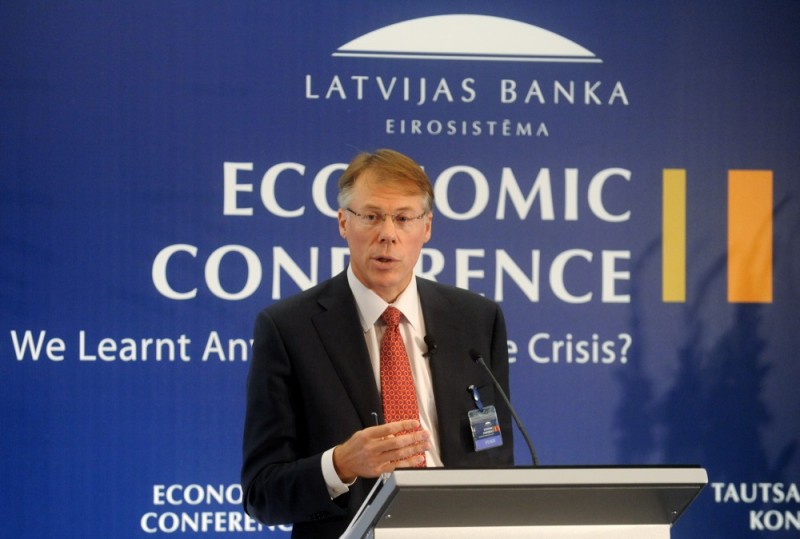
Latvijas Bankas konference 2014: "Vai esam ko mācījušies no krīzes?"
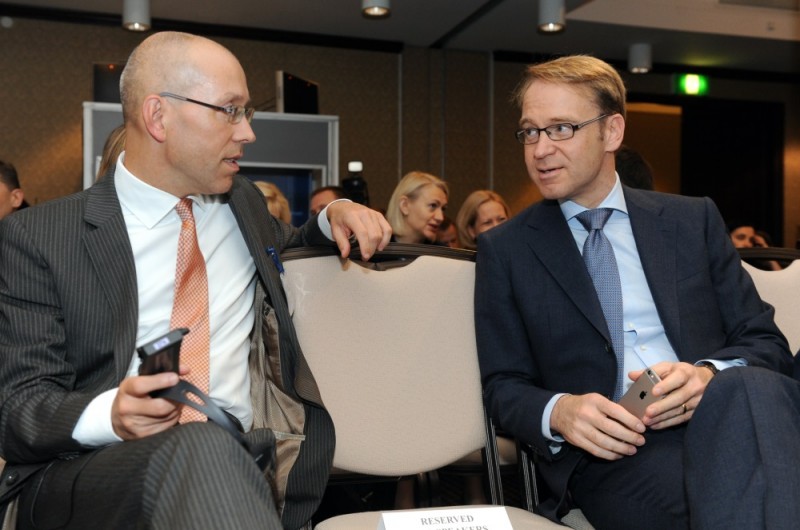
Latvijas Bankas konference 2014: "Vai esam ko mācījušies no krīzes?"
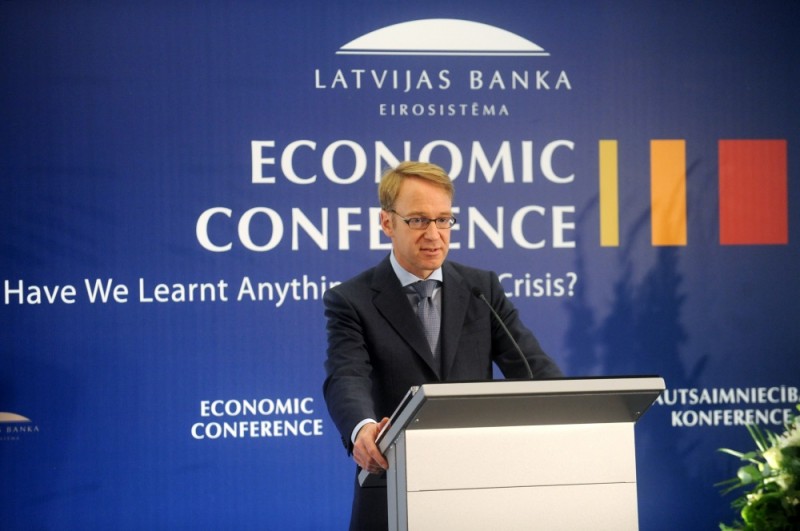
Latvijas Bankas konference 2014: "Vai esam ko mācījušies no krīzes?"
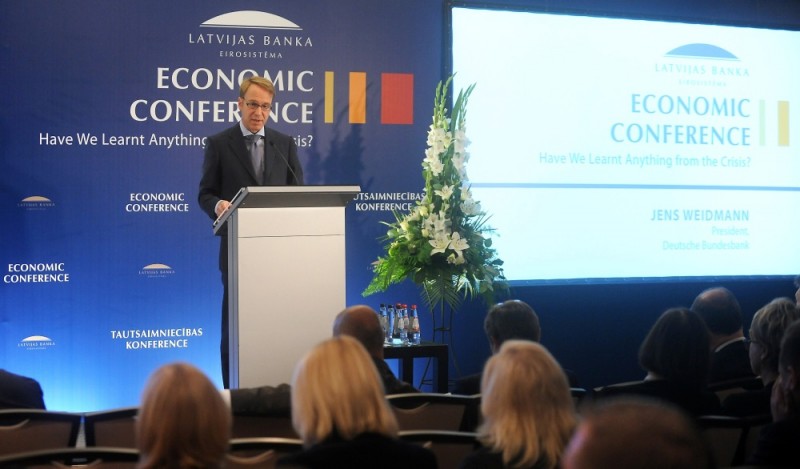
Latvijas Bankas konference 2014: "Vai esam ko mācījušies no krīzes?"
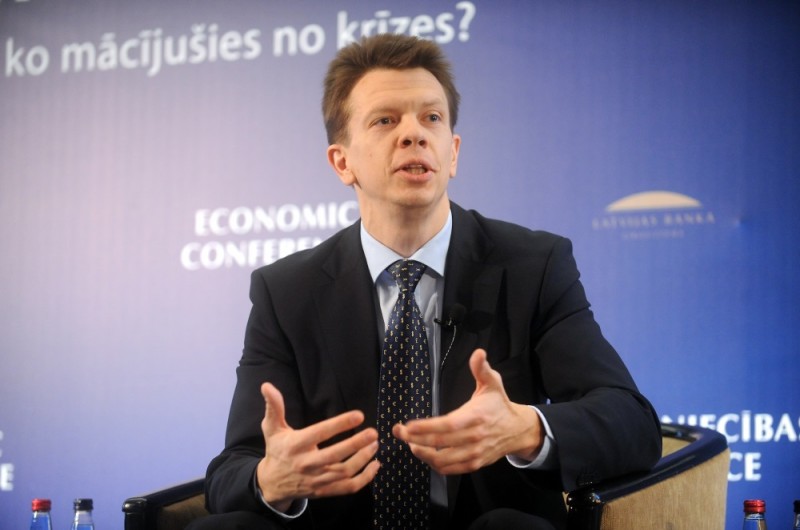
Latvijas Bankas konference 2014: "Vai esam ko mācījušies no krīzes?"
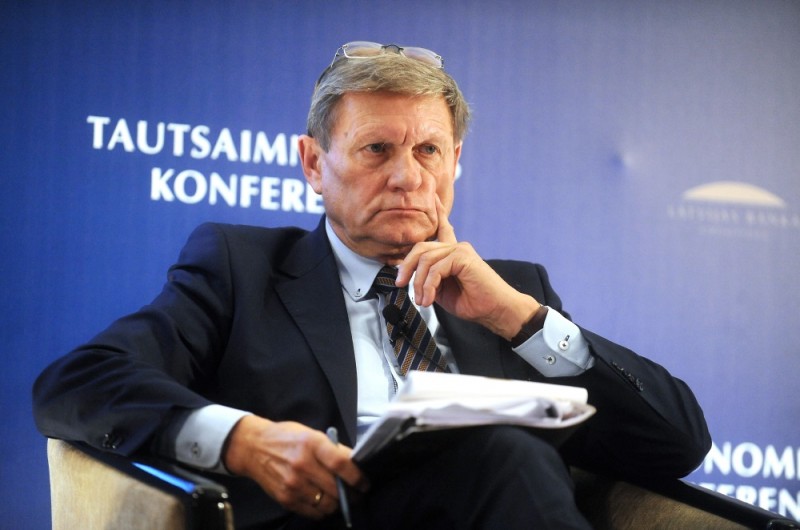
Latvijas Bankas konference 2014: "Vai esam ko mācījušies no krīzes?"
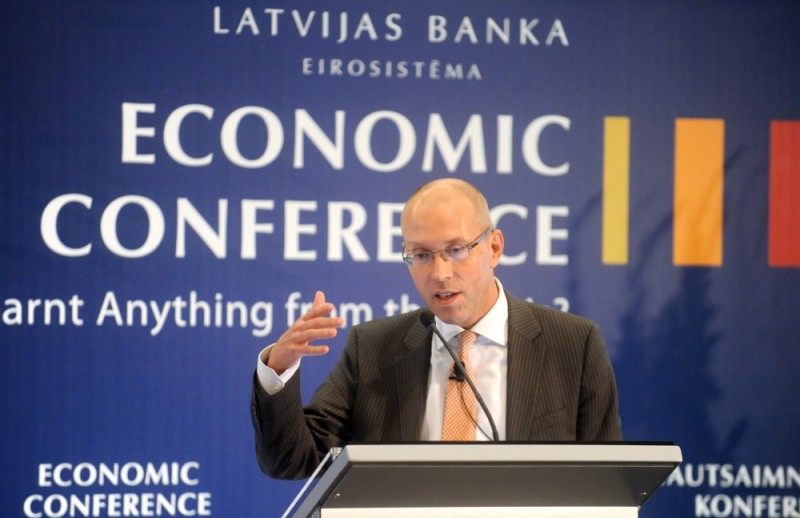
On 17 October 2014 Latvijas Banka held its annual economic conference "Have We Learnt Anything from the Crisis?"
-
About
Monetary policy instruments are no magic solution or a "silver bullet" in dealing with the economic problems in the euro area, and it is crucial to observe budget discipline and implement structural reforms – this is the message that ran like a red thread of today's conference titled "Have We Learnt Anything from the Crisis?" and held by Latvijas Banka in Riga with th eparticipation of the Eurosystem policy makers, representatives of international and national institutions and top scholars.
Participating in the annual Latvijas Banka conference on economy were members of the Council of the European Central Bank (ECB) –Ilmārs Rimšēvičs, Governor of Latvijas Banka; Jens Weidmann, Governor of Deutsche Bundesbank; Benoît Cœré, member of the ECB Executive Board; officials of international and national economic policy institutions (International Monetary Fund, European Commission, Government of Germany) and high ranking academics (professor of Warsaw School of Economics Leszek Balcerowicz; professor of international macroeconomics of Dublin's Trinity College Philip R. Lane; chair for macroeconomics and finance of Goethe University Frankfurt Michael Haliassos; professor of monetary and financial economics of Paris-I-Panthéon-Sorbonne Christian de Boissieu).
In the addresses and panel discussions of the conference, the participants sought answers to the questions what lessons have been learnt from the economic crisis of 2008 in individual problem countries and the euro area at large and what measures should be taken to ensure a sustainable and lasting economic growth.

In his address to the conference, Mr. Rimšēvičs was among those who indicated that fiscal or budget and structural policy reforms should supplement the monetary stimuli offered by the Eurosystem. Stability and growth are based on three elements: 1) monetary policy that at the moment provides sufficient funds for lending; 2) fiscal policy that must ensure reducing the debt and investor confidence and 3) structural reforms that are needed to increase competitiveness and stable employment but have been much delayed in the euro area.
The ECB Executive Board and Council member Mr. Cœré stressed that measures promoting both demand and supply are necessary to ensure sustainable economic growth and that they supplement and reinforce each other. He also stressed the need for structural reforms whose positive influence is expressed both directly and indirectly, fostering confidence and future expectations and thus promoting economic growth.
Currently, the challenge for the euro area economy is represented not by the monetary policy of the Eurosystem or the lack of fiscal expansion but structural problems that have a negative impact on competitiveness, innovation and productivity, according to Mr. Weidmann. By resolving the structural issues, the growth potential of the euro area would grow substantially. The governor of the central bank of Germany singled out Latvia's experience in overcoming the consequences of the crisis and taking care of its economy, which could serve as an example when dealing with the current economic problems of the euro area.
-
Programme
Programme
9.00–9.30 Registration
9.30–9.45 Opening of the conference
Ilmārs Rimšēvičs, Governor, Latvijas Banka
9.45–10.10 Keynote speech: "Structural reforms: learning the right lessons from the crisis"
Benoît Coeuré, Member of the Executive Board, European Central Bank
10.10–11.30 Panel Discussion I Adjustment of Past Imbalances – Difficult Choices and Implementation
Philip R. Lane, Professor of International Macroeconomics, Trinity College, Dublin
Craig Beaumont, Assistant Director, European Department, IMF
Michael Haliassos, Professor, Chair for Macroeconomics and Finance, Goethe University, Frankfurt am Main
Gabriele Giudice, Head of Unit, ECFIN.G3: Greece, European Commission
Questions and Answers
Moderator: Mārtiņš Bitāns, Head of Monetary Policy Department, Latvijas Banka
11.30–12.00 Coffee break
12.00–12.20 Keynote speech: "Reforms for Recovery and Resilience"
Jens Weidmann, Governor, Deutsche Bundesbank
12.20–13.40 Panel Discussion II Responsibility of the Euro Area
Christian de Boissieu, Professor of Monetary and Financial Economics, University of Paris I
Leszek Balcerowicz, Professor of Economics, Warsaw School of Economics
Jörg Asmussen, Permanent State Secretary, the Federal Ministry of Labour and Social Affairs, Germany
Questions and Answers
Moderator: Andris Strazds, Advisor of International Relations and Communication Department, Latvijas Banka
13.40–13.45 Closing the conference
-
Videos
Opening of the conference
Ilmārs Rimšēvičs, Governor, Latvijas Banka
Keynote speech: "Structural reforms: learning the right lessons from the crisis"
Benoît Coeuré, Member of the Executive Board, European Central Bank
Panel Discussion I Adjustment of Past Imbalances – Difficult Choices and Implementation
Philip R. Lane, Professor of International Macroeconomics, Trinity College, Dublin
Craig Beaumont, Assistant Director, European Department, IMF
Michael Haliassos, Professor, Chair for Macroeconomics and Finance, Goethe University, Frankfurt am Main
Gabriele Giudice, Head of Unit, ECFIN.G3: Greece, European Commission
Questions and Answers
Moderator: Mārtiņš Bitāns, Head of Monetary Policy Department, Latvijas Banka
Keynote speech: "Reforms for Recovery and Resilience"
Jens Weidmann, Governor, Deutsche Bundesbank
Panel Discussion II Responsibility of the Euro Area
Christian de Boissieu, Professor of Monetary and Financial Economics, University of Paris I
Leszek Balcerowicz, Professor of Economics, Warsaw School of Economics
Jörg Asmussen, Permanent State Secretary, the Federal Ministry of Labour and Social Affairs, Germany
Questions and Answers
Moderator: Andris Strazds, Advisor of International Relations and Communication Department, Latvijas Banka
Closing the conference
-
Presentations
Panel Discussion I
Panel Discussion II
Textual error
«… …»

